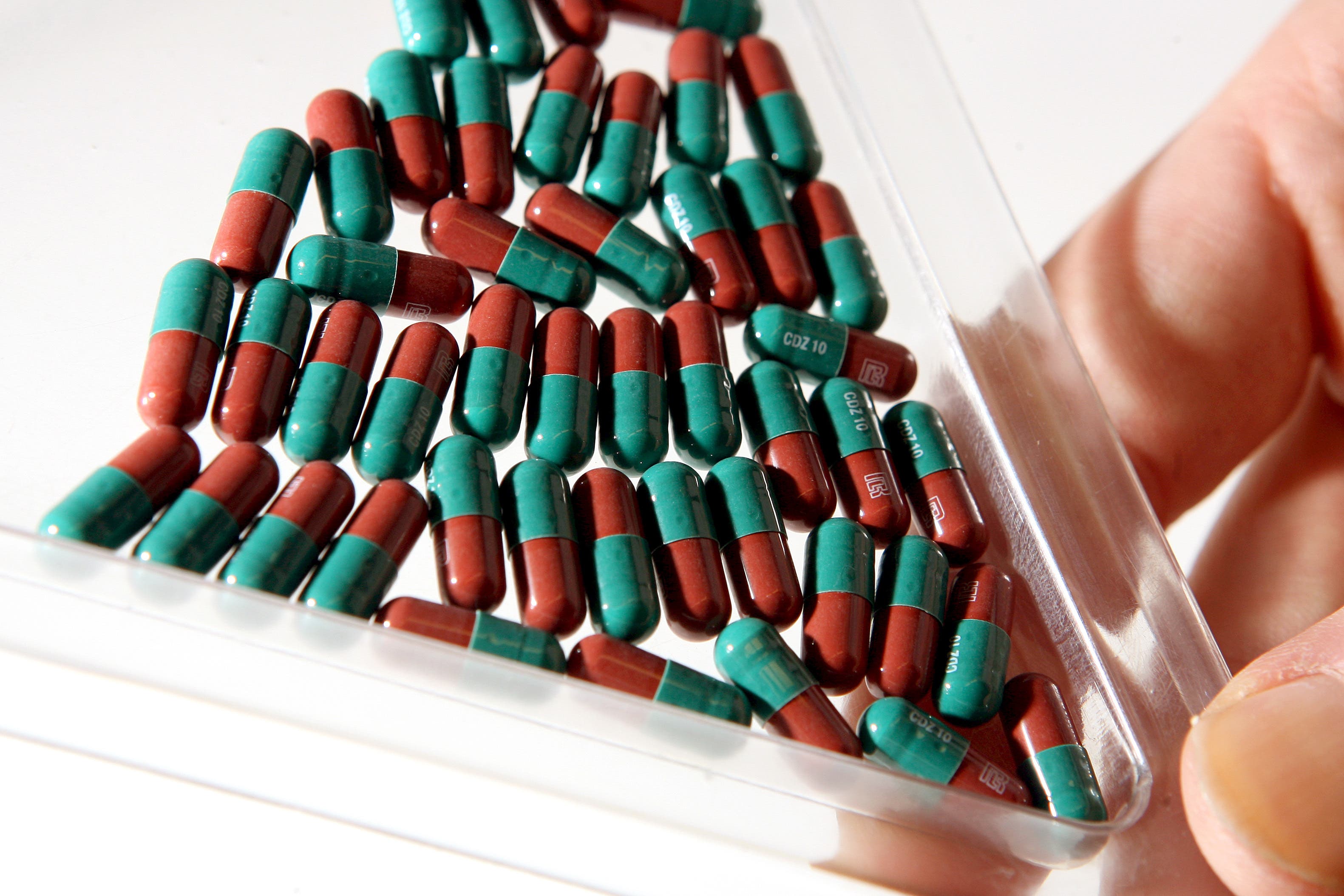Scientists develop antibiotic that spares healthy gut bacteria
Previous research has suggested that common antibiotics can disturb the gut microbiome.

Researchers have developed a new antibiotic that kills bad bacteria, but spares healthy gut bacteria.
The drug, called lolamicin, also warded off secondary infections with Clostridioides difficile (C. difficile), a common and dangerous hospital-associated bacterial infection.
According to the study in mice, the antibiotic was effective against more than 130 multidrug-resistant bacterial strains.
Previous research has suggested that common antibiotics can disturb gut microbiome (bacteria), increase vulnerability to further infections and are associated with gastrointestinal, kidney, liver and other problems.
We wanted to start thinking about the next generation of antibiotics that could be developed to kill the pathogenic bacteria and not the beneficial ones
Professor Paul Hergenrother, University of Illinois Urbana-Champaign, US, said: “People are starting to realise that the antibiotics we’ve all been taking — that are fighting infection and, in some instances, saving our lives — also are having these deleterious effects on us.
“They’re killing our good bacteria as they treat the infection.
“We wanted to start thinking about the next generation of antibiotics that could be developed to kill the pathogenic bacteria and not the beneficial ones.”
To tackle the issues associated with indiscriminately targeting gram-negative bacteria – those that are resistant to antibiotics – the researchers focused on a suite of drugs developed by the pharmaceutical company AstraZeneca.
These drugs inhibit a specific system that is exclusive to gram-negative bacteria and genetically different in pathogenic and beneficial microbes.
Because some antibiotics appeared to discriminate between the good and bad gram-negative bacteria, they were promising candidates for further exploration.
At higher doses, lolamicin killed up to 90% of multidrug-resistant E. coli, K. pneumoniae and E. cloacae, the study found.
When given orally to mice with drug-resistant septicaemia or pneumonia, lolamicin rescued 100% of the mice with septicaemia and 70% of the mice with pneumonia, the researchers found.
Prof Hergenrother led the study with former doctoral student Kristen Munoz, who said: “The mouse microbiome is a good tool for modelling human infections because human and mouse gut microbiomes are very similar.
“Studies have shown that antibiotics that cause gut dysbiosis in mice have a similar effect in humans.”
Treatment with standard antibiotics amoxicillin and clindamycin caused shifts in the overall structure of bacterial populations in the mouse gut, diminishing the abundance of several beneficial bacteria.
“In contrast, lolamicin did not cause any drastic changes in taxonomic composition over the course of the three-day treatment or the following 28-day recovery,” the researchers wrote.
Further research is needed before the new antibiotic can be trialled in people, but researchers say their study is a proof-of-concept that antibiotics that kill a bad bacteria while sparing good bacteria in the gut can be developed for gram-negative infections.
The research is published in the Nature journal.
Bookmark popover
Removed from bookmarks